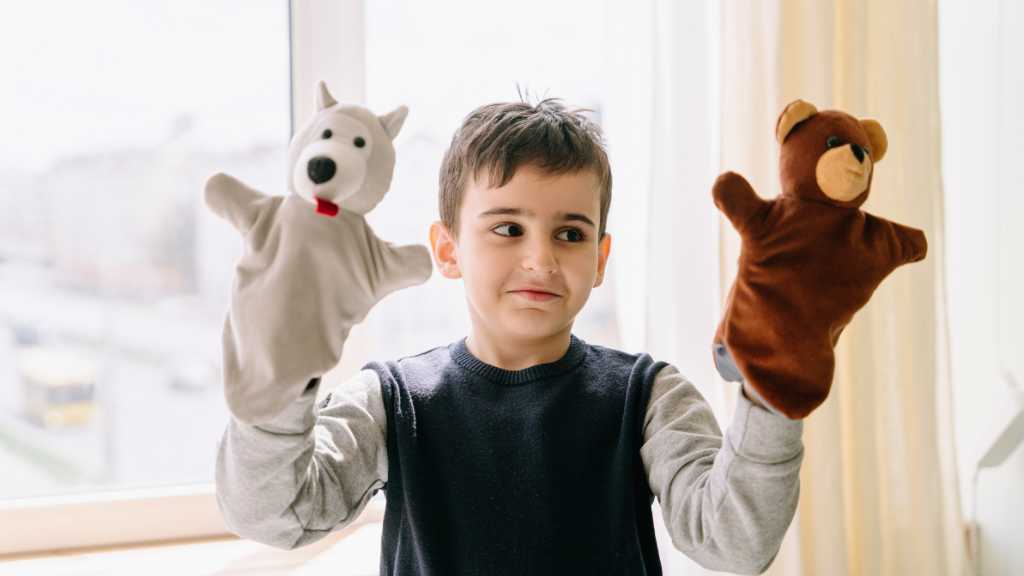ABA Centers of New Jersey pledges to be here for the kids and families
With the new presidential administration, autism policy has once again become a national topic of discussion. Recent remarks by President Trump, policy shifts at the Centers for Disease Control and Prevention (CDC), and debates surrounding autism research funding have sparked concerns about the future of support and services for individuals with autism.
Through all these developments, one thing remains unchanged: ABA Centers of New Jersey is committed to providing exceptional care for children with autism and their families. Autism care transcends politics—it is about ensuring that every child gets the support they need to thrive. Let’s explore the latest updates and what they mean for families in New Jersey.
Autism Diagnoses: A Growing Awareness
In a recent address to Congress, President Trump highlighted the increasing prevalence of autism diagnoses, referencing CDC data showing that rates have risen from 1 in 10,000 to 1 in 36. While these figures are accurate, leading experts caution that the rise in autism cases is not necessarily indicative of a new cause or crisis. Instead, expanded awareness, refined diagnostic criteria, and improved screening methods have contributed to the higher reported prevalence of autism spectrum disorder (ASD).
Organizations such as the CDC and the National Institute of Mental Health (NIMH) emphasize that while understanding autism’s origins is beneficial, the primary focus should be on ensuring that individuals with autism receive timely and meaningful support.
CDC’s Controversial Decision: Re-examining the Vaccine-Autism Debate
Robert F. Kennedy, Jr., President Trump’s nominee for U.S. health secretary, has long championed a theory—widely discredited by the scientific community—that childhood vaccines contribute to autism. This claim originated from a now-debunked study by British researcher Andrew Wakefield in the late 1990s, which falsely linked autism diagnoses to the measles vaccine. Since then, extensive research has found no scientific basis for this claim.
Despite decades of studies proving no causal connection between vaccines and autism, the CDC has announced plans to revisit the topic. This decision has raised concerns among medical experts and autism advocates who fear it could reinforce misinformation and divert attention from more pressing initiatives.
Currently, approximately $419 million is allocated annually for autism research in the U.S., funding studies on genetics, environmental factors, and therapy effectiveness. While transparency in research is an absolute requirement, many experts worry that reopening this debate could take resources away from vital early diagnosis and intervention programs that directly impact children and families.
Looking Ahead: Increased Awareness, Greater Support
Despite ongoing debates, one silver lining is the increasing awareness and attention autism is receiving. As discussions surrounding autism continue, more families are seeking early intervention, research is expanding, and communities are becoming more engaged in supporting individuals with ASD.
For example, research indicates that 1 in 6 drowning deaths involves an individual on the autism spectrum. Many autistic children exhibit elopement behaviors, meaning they may wander from safe environments and gravitate to bodies of water. By increasing awareness of these risks, communities can take proactive measures, such as installing safety barriers, offering swimming lessons tailored for autistic children, and educating caregivers on preventive strategies.
ABA Centers of New Jersey: Here for Families, No Matter What
In times of political and scientific debate, ABA Centers of New Jersey remains steadfast in its mission to support children with autism and their families. No matter how policies shift or funding landscapes change, our dedication remains unwavering. Our services include:
- Comprehensive ABA Therapy: Individualized treatment plans promote communication, independence, and social skills.
- Autism Diagnostic Evaluations: Fast, accurate assessments ensure children receive the intervention they need without unnecessary delays.
- Family Support Services: Resources and expert guidance help parents navigate the autism journey with confidence.
A Commitment That Never Changes
While policies and research priorities may fluctuate, ABA Centers of New Jersey is here to provide consistent, high-quality autism care. Regardless of political shifts, government decisions, or scientific debates, our focus remains on helping children with autism reach their full potential.
For more information about our services or to schedule an appointment, call us today at (855) 640-7888 or visit our website. Our doors are always open, and our commitment to your family is unwavering.







